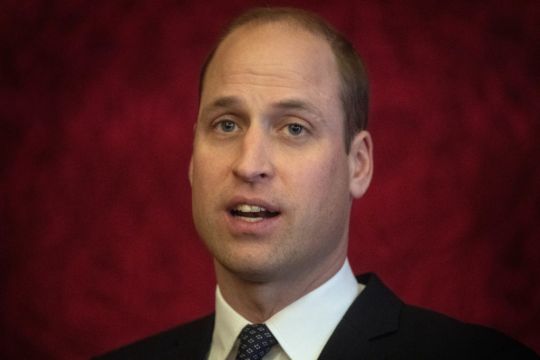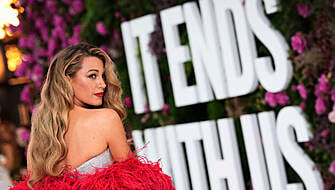The Duke of Cambridge’s decision to keep his coronavirus diagnosis secret points towards a “condescending view of the public” and lacks leadership, an anti-monarchy group in the UK has suggested.
Graham Smith, chief executive officer of Republic, an organisation which campaigns for an elected head of state, said the country should have been told the details so it could come to its own conclusion about the future king’s health.
The news has only just emerged seven months later, with The Sun newspaper revealing the duke did not want to alarm the nation at a time when UK Prime Minister Boris Johnson was seriously ill with Covid-19 and his father was also recovering from the virus.
Every other public official who has caught it has been honest and open about it
Advertisement
It is understood that William followed guidance on isolation and other measures when a person tests positive, and that he appears to have made a full recovery.
Mr Smith said: “Every other public official who has caught it has been honest and open about it, not least as a way of showing some kind of leadership and (leading) by example and taking necessary precautions.
“We don’t treat the public like children, we tell them the truth and you let the public decide what they’re going to be concerned about.”
He added: “It’s a rather condescending view of the public and a very inflated view of William’s importance to the country.”
Mr Johnson was treated in intensive care in a London hospital in April after contracting coronavirus, while William’s father, the Prince of Wales, went into isolation after catching the disease in March.
Downing Street declined to comment on whether Mr Johnson was aware that the duke had tested positive in April.
Breathe
The duke, who carried on with telephone and online engagements, was treated by royal doctors as he isolated in Norfolk but that he was hit “pretty hard” by the virus and at one stage struggled to breathe, reported the tabloid newspaper.
Joe Little, managing editor of Majesty magazine, said William’s decision to keep his positive Covid-19 test a secret in April was “a retrograde step” in terms of transparency.
Royal author Penny Junor described the decision not to make William’s diagnosis public as “very odd”, saying it went against royal precedent.
She also cited being told whenever Charles was injured while playing polo and when William suffered a depressed fracture to the forehead after he was accidentally hit on the head with a golf club at school in 1991.
“Prince Charles was able to speak with and be alongside people who had also had it,” she said.
“Instead of being a sort of precious royal who was wrapped up in cotton wool and kept away and immune to the diseases that the rest of the world gets, he had suffered.
“And I think it might have been helpful if we’d known that William had also had the virus.”
In his first public engagement after recovering from mild symptoms, Charles revealed that he lost his sense of taste and smell.
He spoke of his personal experience with Covid-19 when he met frontline NHS staff and key workers in person with the Duchess of Cornwall in June.
Kensington Palace declined to comment.







